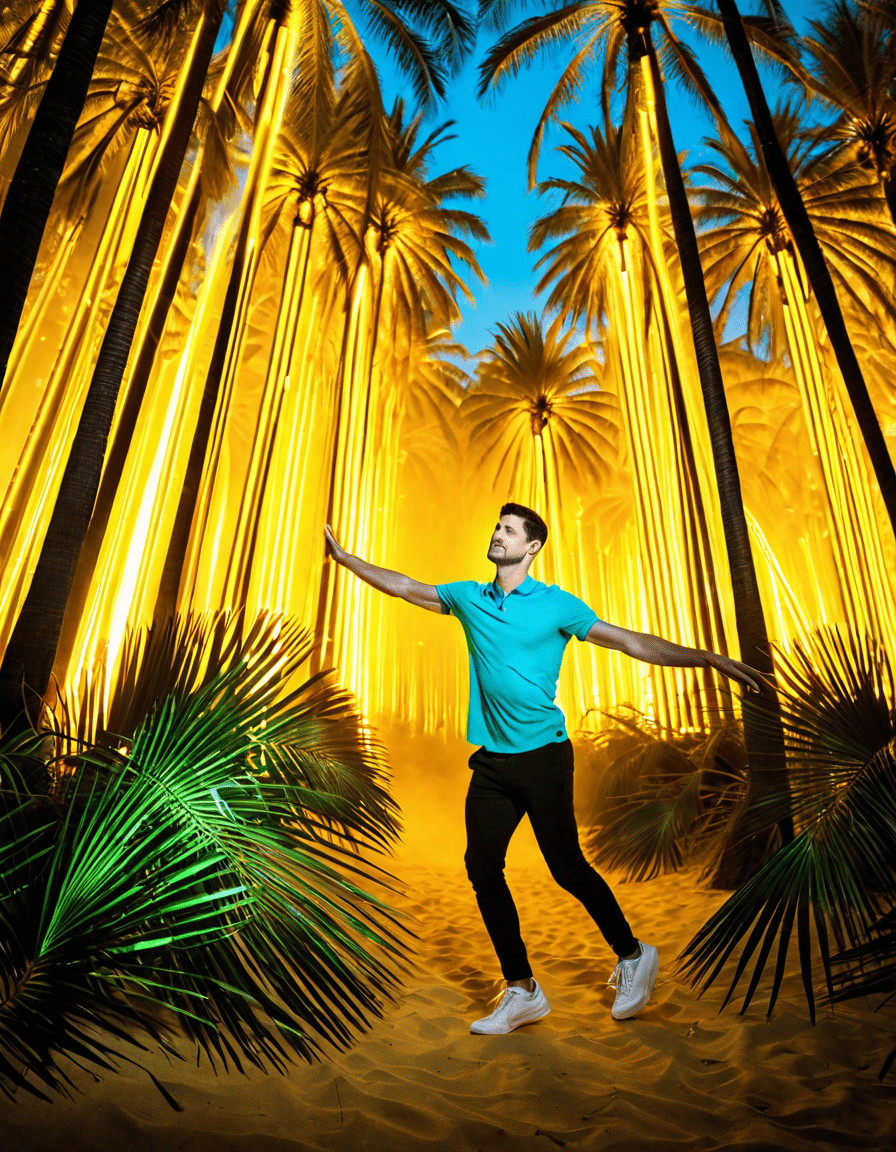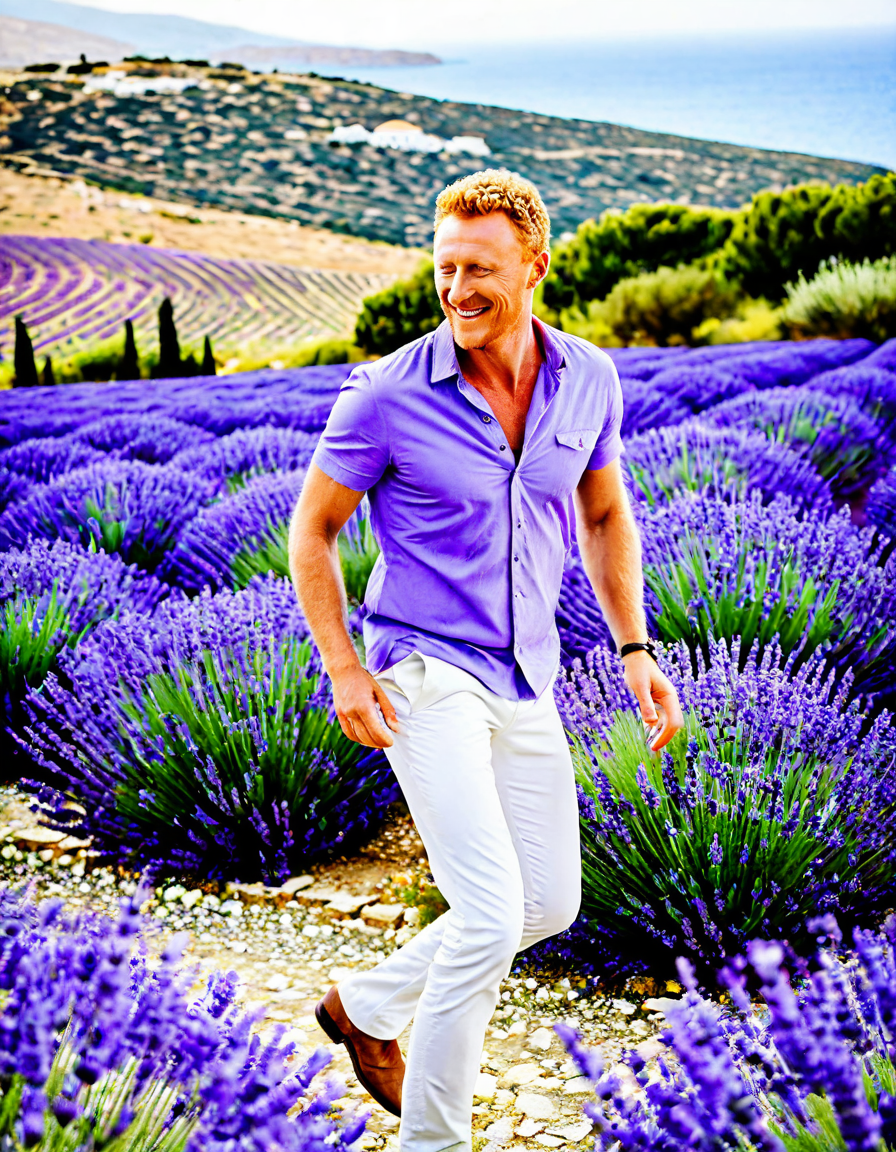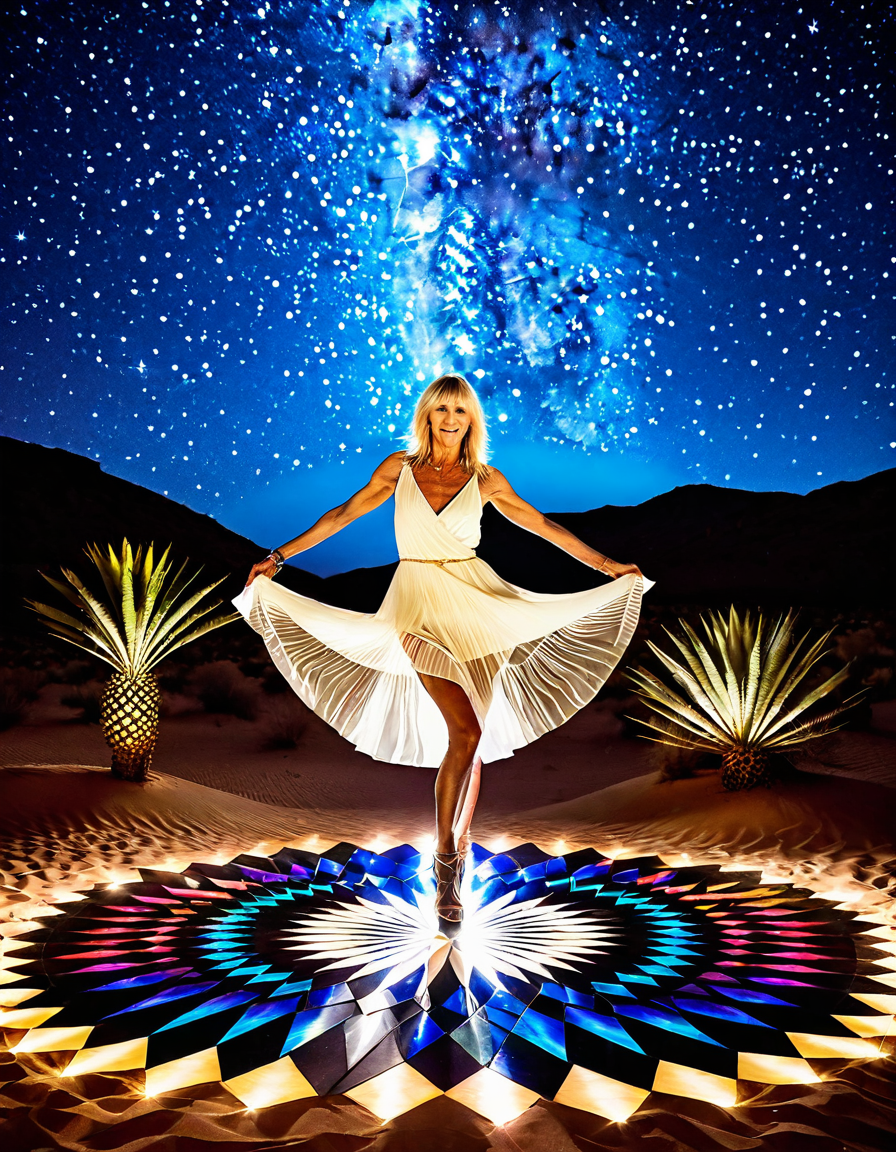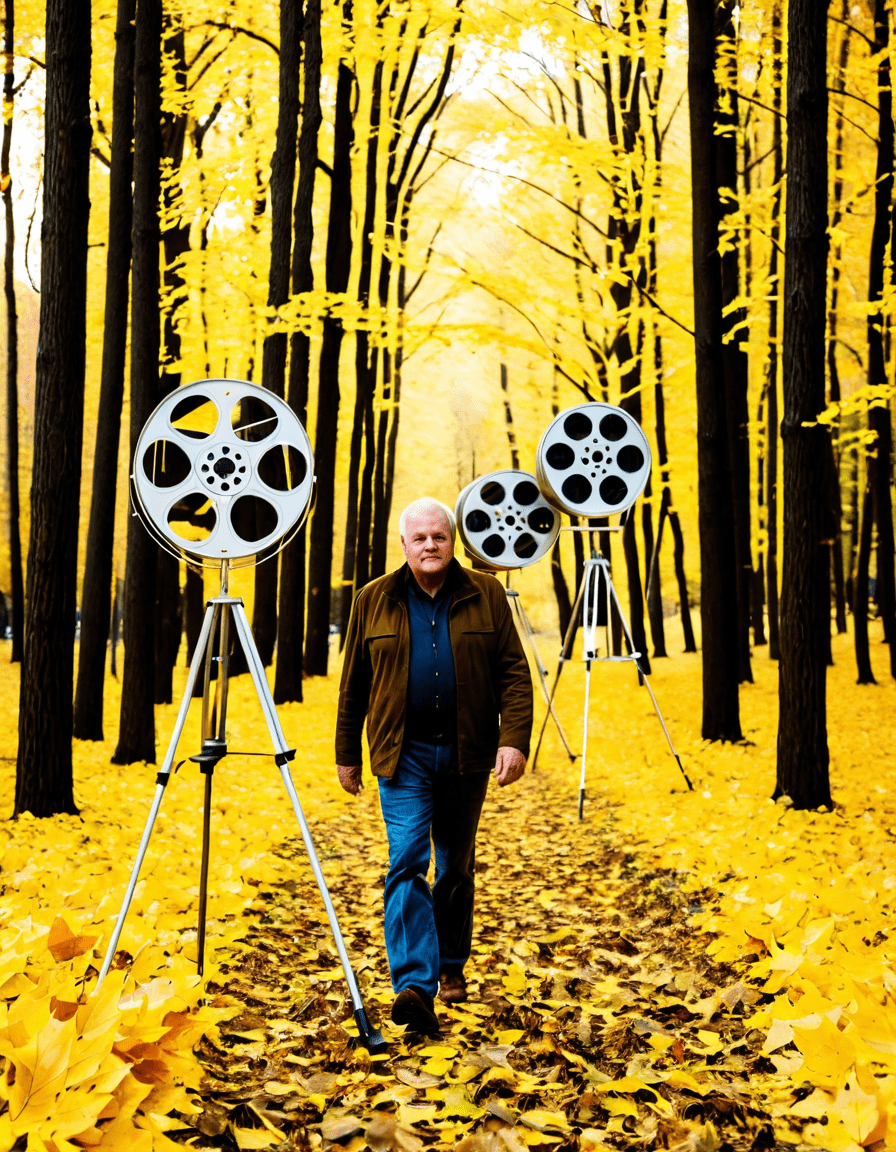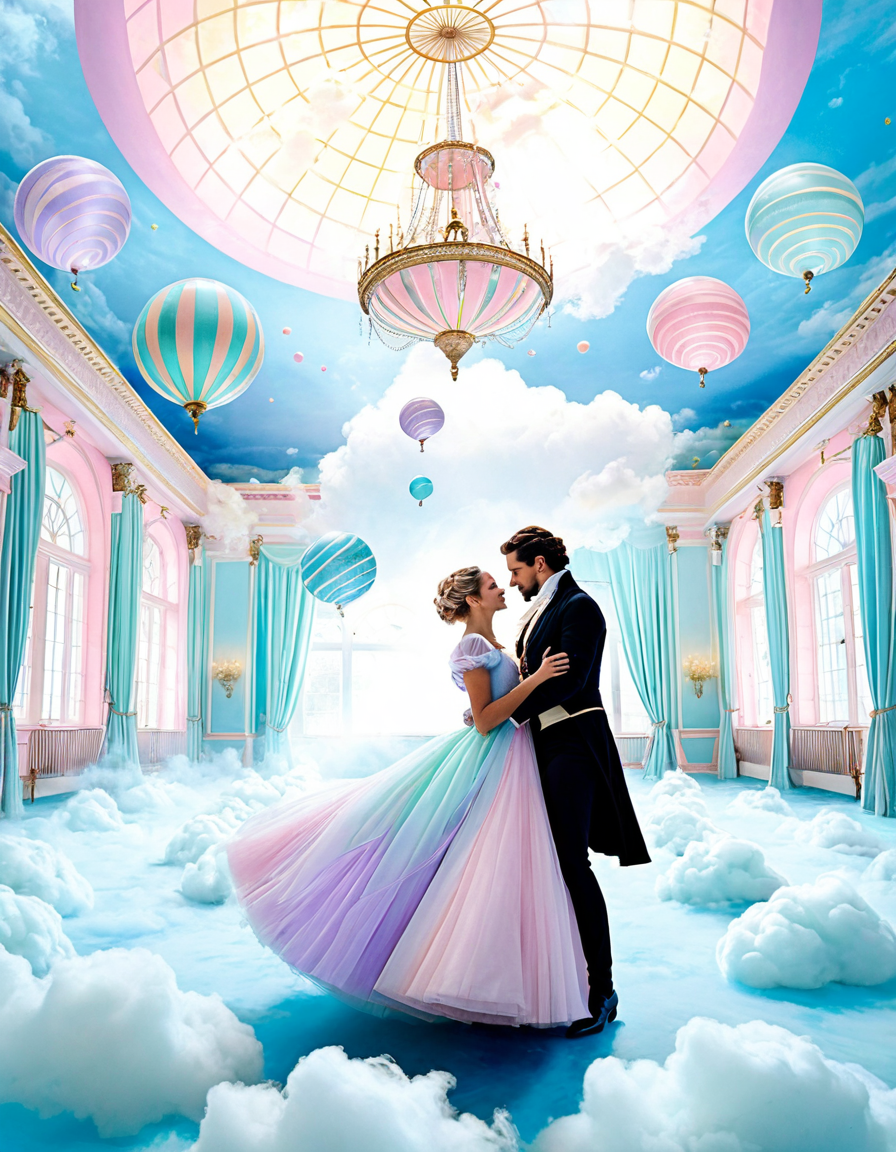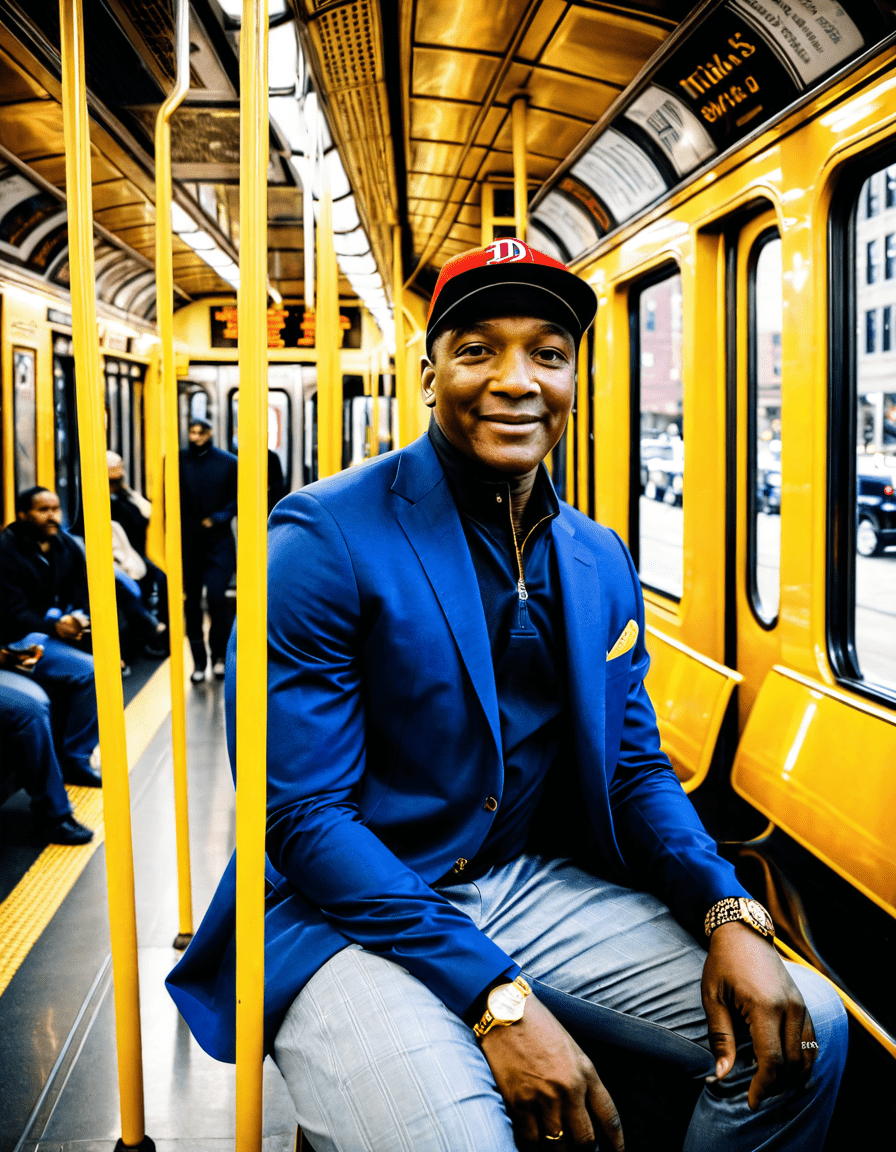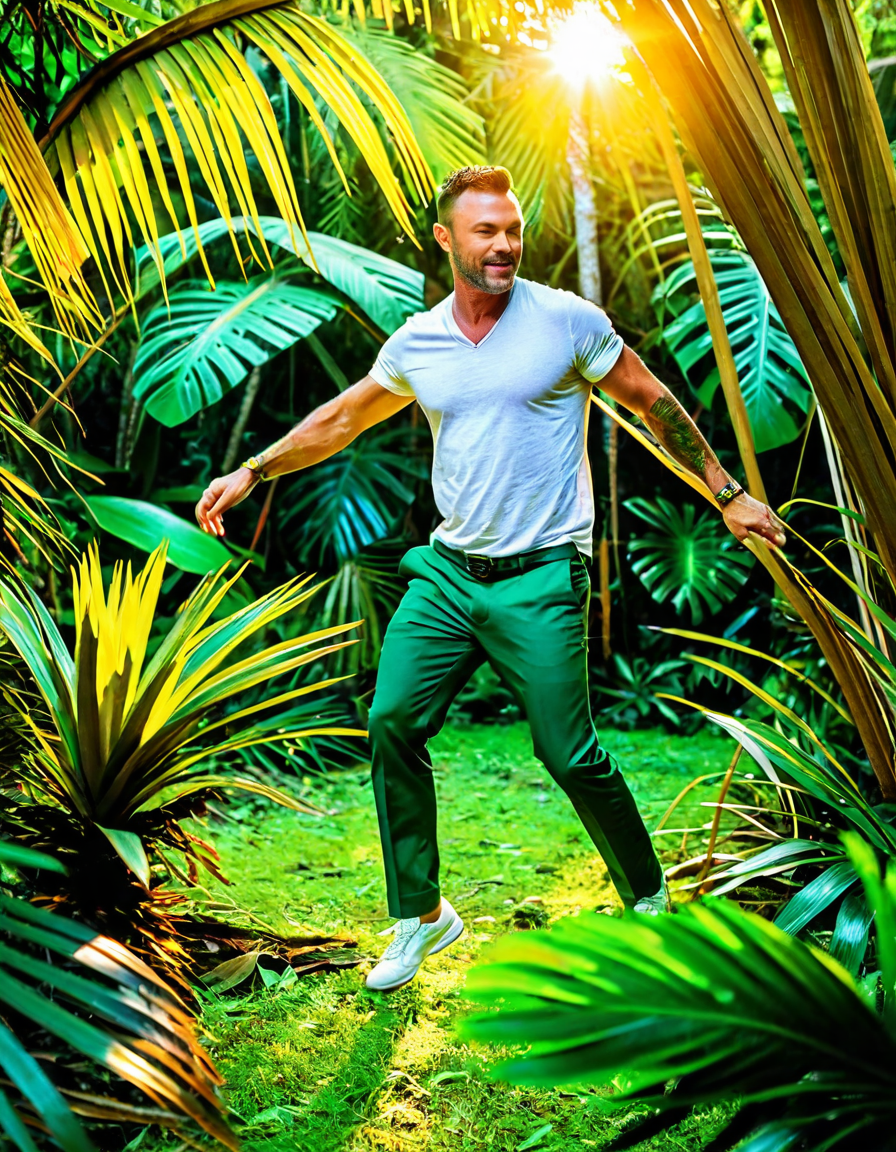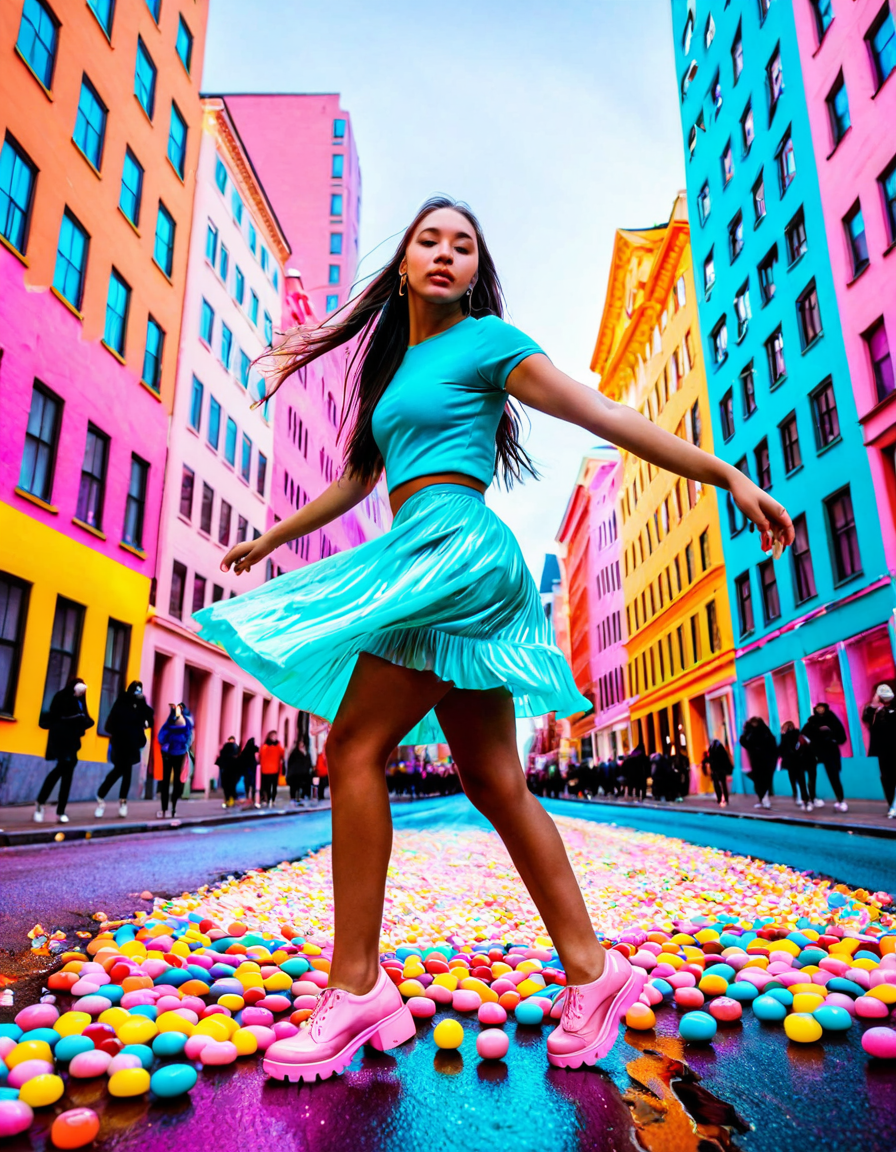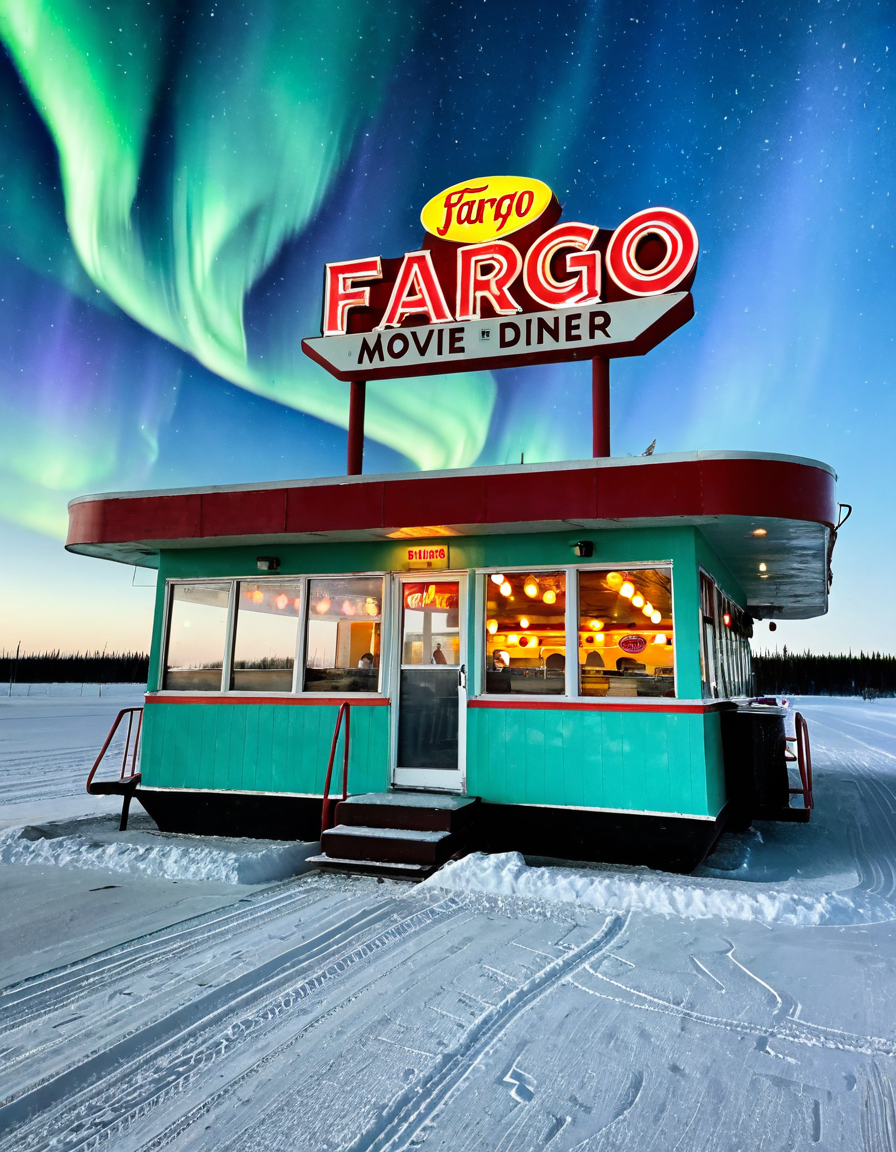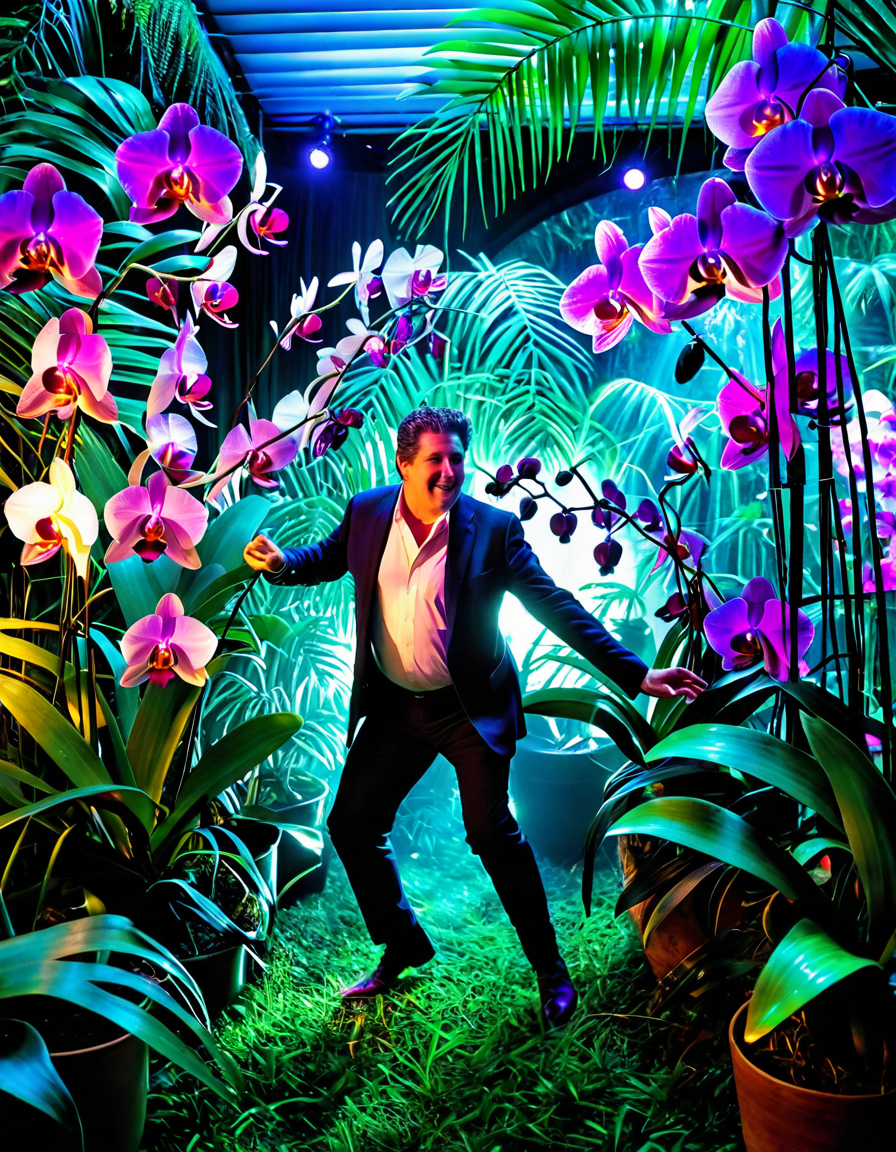Quentin Tarantino’s “Django Unchained,” released in 2012, marks a watershed moment in the film industry, primarily due to its exceptional cast. The Django Unchained cast didn’t just deliver performances; they redefined the boundaries of American cinema while exploring themes such as freedom, identity, and morality. Each actor seized their role in a way that encouraged audiences to engage critically with the film’s deep-rooted messages. In this piece, we delve into the key players of the Django Unchained cast and how their compelling portrayals influenced modern storytelling.
Top 5 Performances That Shaped the Django Unchained Cast
Jamie Foxx’s portrayal of Django Freeman represents a groundbreaking moment in film history. His character evolves from a slave yearning for liberation to a feared bounty hunter, symbolizing an escape from oppression. Foxx expertly blends vulnerability with raw power, allowing audiences to resonate with Django’s hardships while he rises above them. This character arc highlights the horrors of slavery but beautifully transitions into themes of empowerment, making Django a far cry from the traditional Western heroes.
Christoph Waltz deserves a special mention for his impeccable role as Dr. King Schultz, a German bounty hunter and Django’s mentor. Winning the Academy Award for Best Supporting Actor, Waltz’s performance reshapes conventional character tropes. He embodies a morally ambiguous figure who stands against the brutal realities of the racial hierarchy. Critics heralded Schultz as a fresh take on the mentor archetype, challenging the audience’s preconceived notions of virtue, avarice, and allegiance—an insightful lens onto a tangled web of race and power dynamics.
If you want to know what makes a villain unforgettable, look no further than Leonardo DiCaprio’s Calvin Candie. The plantation owner, depicted by DiCaprio, is a chilling character who revels in the degradation of human life. His captivating yet menacing performance shattered traditional portrayals of villainy. The infamous dinner table scene, rife with tension, illuminated the depths of moral depravity. This portrayal set a new standard for cinematic antagonists, reshaping audience expectations for evil characters in films.
Kerry Washington offers a poignant performance as Broomhilda, showcasing the emotional depth often overlooked in the portrayal of enslaved women. Although her screen time is limited, Broomhilda represents resilience and hope, juxtaposing profound moments of grace against the film’s brutal violence. Washington’s nuanced depiction invites discussions on representation, highlighting the need for strong female narratives within the Western genre. Her character’s sad history brings necessary focus to the struggles faced by African American women, demanding a sensitive exploration of their stories in film.
Samuel L. Jackson’s portrayal as Stephen, a house slave, adds a layer of nuance that challenges viewers to reconsider loyalty and complicity under an oppressive system. Jackson’s performance sparks necessary conversations around internalized racism and the darker facets of survival. His character walks a fine line between being an antagonist and a reflective figure within the plantation system, provoking a critical look at power dynamics among African Americans. This portrayal not only enriches the narrative but showcases the potential of even secondary characters to stimulate deep viewers’ introspection.

The Impact of the Django Unchained Cast on Modern Cinema
The Django Unchained cast set a significant precedent for the representation of African American narratives in Hollywood. Each actor brought their unique insights to the film, which led to broader discussions surrounding race, power, and complex human relationships. With its critical reception and numerous accolades, the film signaled a growing acceptance of diverse storytelling in mainstream cinema.
Tarantino’s bold vision, paired with the performances of this remarkable ensemble, created a cinematic landscape that compels viewers to think beyond mere entertainment. The dish of thought-provoking themes woven into the narrative doesn’t just entertain; it engages and educates. Publications like The Atlantic and Variety emphasized how “Django Unchained” turned lenses toward pressing social issues, providing a significant commentary on history and morality presented through a compelling lens.
The legacy of the Django Unchained cast continues to inspire both filmmakers and aspiring actors to seek innovative ways to challenge norms and expand cultural conversations within cinema. By pushing against conventional portrayals, they created a lasting impact that resonates across generations. This film stands as a testament to the power of storytelling, urging future creators to convey rich, multifaceted narratives that resonate deeply within societal discourse.
In the end, the Django Unchained cast didn’t just leave an impression; they ignited a dialogue. They firmly planted their feet within a critical moment in modern cinema, proving that talent can reach beyond genre limitations and encourage profound reflections on race, identity, and freedom. Each performance acts as a reminder of cinema’s transformative power, inspiring an industry enlivened by ambition and thoughtful complexity.
Django Unchained Cast: Fun Trivia and Interesting Facts

The Star-Studded Ensemble
The Django Unchained cast features some heavyweights, making the film a landmark in modern cinema. Did you know that Quentin Tarantino initially wanted Will Smith for the titular role? Smith turned it down, believing the character wasn’t the lead, which opened the door for Jamie Foxx to make this iconic part his own. Foxx’s performance was so compelling that it redefined his career, much like how Katie Holmes’ movies and TV shows have often reshaped her public persona. Speaking of transformations, Christoph Waltz was awarded an Academy Award for Best Supporting Actor, marking him as one of the few actors to receive two Oscars in this category in a single decade—quite a feat, isn’t it?
An Unlikely Partnership
Tarantino’s unique storytelling intertwines the performances of his actors in surprising ways. Take Leonardo DiCaprio, for example. His portrayal of the villain Calvin Candie was so intense that he famously injured his hand during a scene, but instead of stopping, he kept going, making the moment even more genuine on screen. This dedication to craft mirrors what we see in unexpected character dynamics, similar to the twisty plots of shows like the Amazing World of Gumball or even the quirky ingenuity of Inspector Gadget. Additionally, Samuel L. Jackson’s role as Stephen added layers of complexity; his character drew audiences into uncomfortable discussions around race and power, showcasing the crucial aspects that make films more than just entertainment.
Behind the Scenes
Tarantino’s meticulous direction isn’t the only fascinating aspect of the film. The historical authenticity was bolstered by research and special effects to evoke the feel of the era. It’s akin to the depth you’d find in narratives exploring legendary figures, like the predictions of Nostradamus or adaptations of compelling stories such as Tartufo. Surprisingly, despite the film’s violence and dark themes, it holds a certain charm; audiences often find themselves rooting for Django. This emotional engagement is what all great cinema aims for. Just like how Brandon Lee made waves in his time, the impact of the Django Unchained cast is set to echo in film history.
There you have it! The Django Unchained cast didn’t just act; they redefined their roles and left an indelible mark. From behind-the-scenes facts to notable performances, each element played a part in showcasing the beauty of cinematic storytelling. It’s a reminder that movies can hold more than just a lens to reality; they can spark conversations and inspire viewers to think deeper about the world around them.






